DIY Lavender Lemon Glass Cleaner Without Rubbing Alcohol

This homemade and natural DIY glass cleaner is made without toxic rubbing alcohol. Instead, our easy to make recipe includes vinegar, essential oils, and gin for sparkling clean windows and mirrors without the chemicals.
For this recipe, you will need:
- Gin
- White vinegar
- Lavender essential oil
- Lemon (or lemongrass) essential oil
- A funnel
- A glass bottle with a spray nozzle
It's that simple! For exact measurements, please check out our full post here.
You're probably thinking... gin for cleaning windows? Yes! Apparently, it was a thing in the 1940s. Surprisingly, gin leaves glass surfaces streak-free and sparkling clean.
And the juniper and pine scent of the gin will complement the lemon and lavender essential oils beautifully.
Your entire room will smell fresh and clean without the use of any toxic chemicals!
Instructions:
- Using a funnel, add the gin and essential oils to a spray bottle. (Dark coloured bottles are preferable as they will protect your essential oils from UV light). We used a clear bottle in this post to feature the finished product, but your glass cleaner will fare better stored in dark glass.
- Remove the funnel and shake the bottle vigorously to disperse the essential oils into the gin.
- Using the funnel again, add the vinegar. Shake very well.
Remember to add the essential oils to the gin before you add the vinegar so that the essential oils disperse more readily.
Why we don’t use rubbing alcohol in our DIY glass cleaner
Many DIY cleaning recipes include rubbing alcohol (isopropyl alcohol). Personally, we never use rubbing alcohol in our natural cleaning recipes. Yes, it’s cheaper than gin, but if your main goal is to clean without toxins, then we recommend skipping the rubbing alcohol in your cleaning products.
If you understandably want to save money, you’re better off sticking to plain old vinegar and water for glass cleaning. A vinegar and water recipe is still economical, but not toxic or flammable.
For more info about this DIY and even more green cleaning recipes, be sure to check out our blog post here.
Happy Cleaning!
Enjoyed the project?
Resources for this project:
See all materials
Comments
Join the conversation
-
 William
on Nov 04, 2019
William
on Nov 04, 2019
Rubbing alcohol is only toxic if drunk. Otherwise it is not toxic in any other way. Isopropyl alcohol is used in windshield washer fluid. Color is added so no one tries to drink it. I use it to wash windows, mirrors, etc. Cheaper than store bought window cleaner. Vinegar is a good glass cleaner when calcium buildup is present like shower glass and doors. I use cheap vodka and essential oils as a room, furniture, and carpet refresher. I also use it on clothing I sell on Ebay. The vodka evaporates and the scent remains. Definetly not as toxic as Febreeze or other store bought.
-
 A Life Adjacent
on Nov 04, 2019
A Life Adjacent
on Nov 04, 2019
It's untrue that rubbing alcohol is only toxic when consumed. It's also a skin irritant and respiratory irritant. We linked this information in our article. You can also find further information on the EWG website.
Anyway, we agree that vinegar is a good glass cleaner and we also use cheap vodka and essential oils in our room spray recipes.
-
-
-
 William
on Nov 04, 2019
William
on Nov 04, 2019
In large amounts on the skin it can be toxic as it is absorbed into the skin. It can irritate the nasal passages if inhaled. Large quantities can cause dizziness, confusion, disorientation.
https://oureverydaylife.com/the-effects-of-rubbing-alcohol-on-the-skin-12210587.html
-

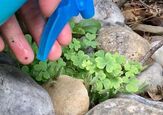

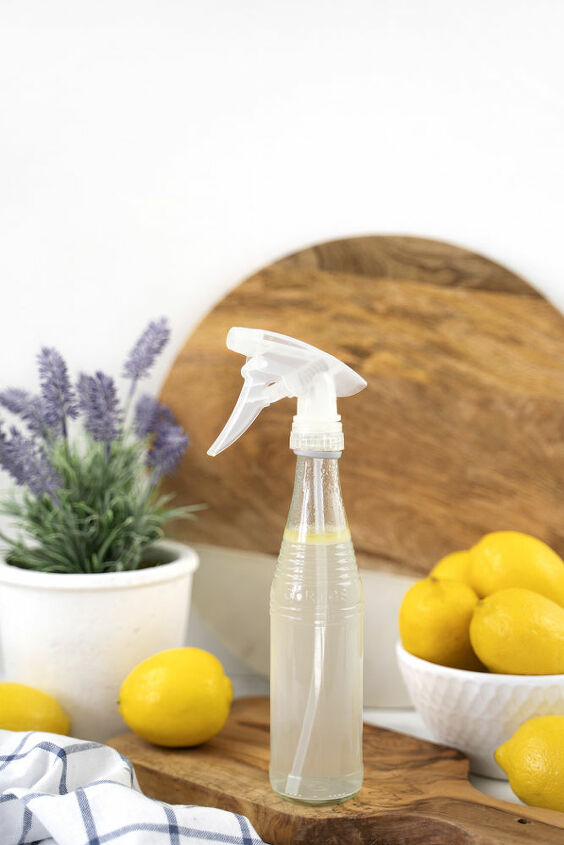









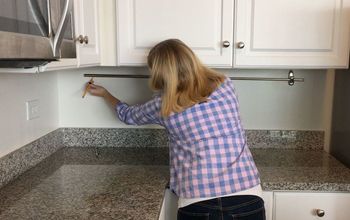





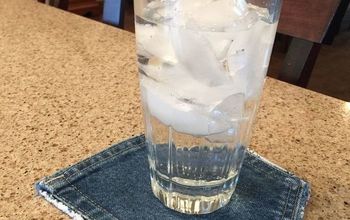

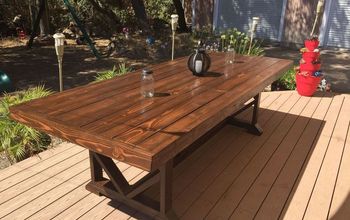

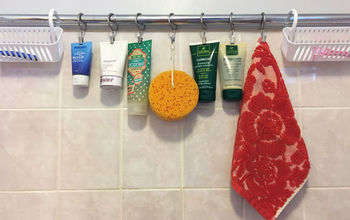
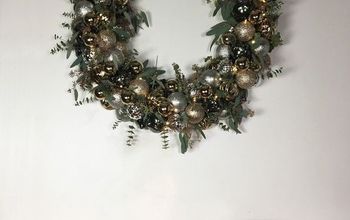



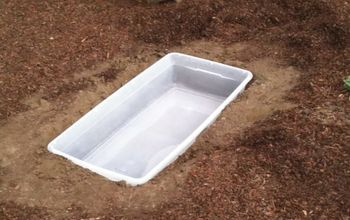
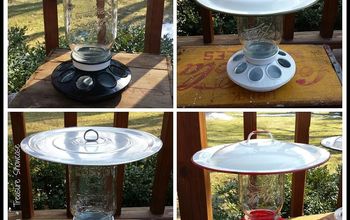
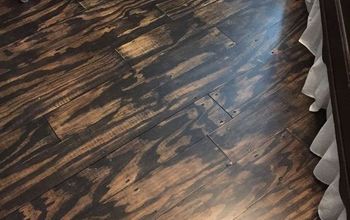
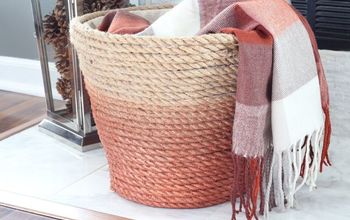
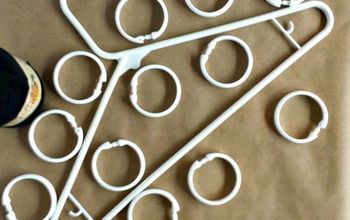
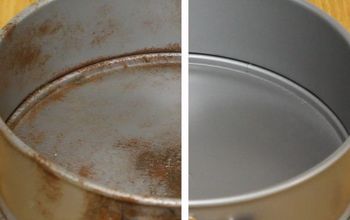
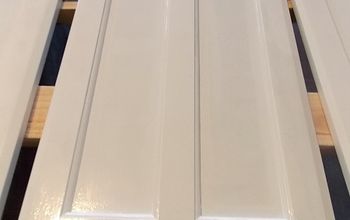
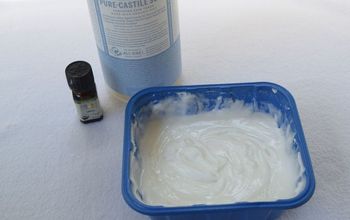
Frequently asked questions
Have a question about this project?
Is tthis to eat or drink?
Sounds cool...I've got the ingredients, but where do we find glass bottles with a sprayer top? All the bottles I find today are plastic?
(Measurements? This would help.